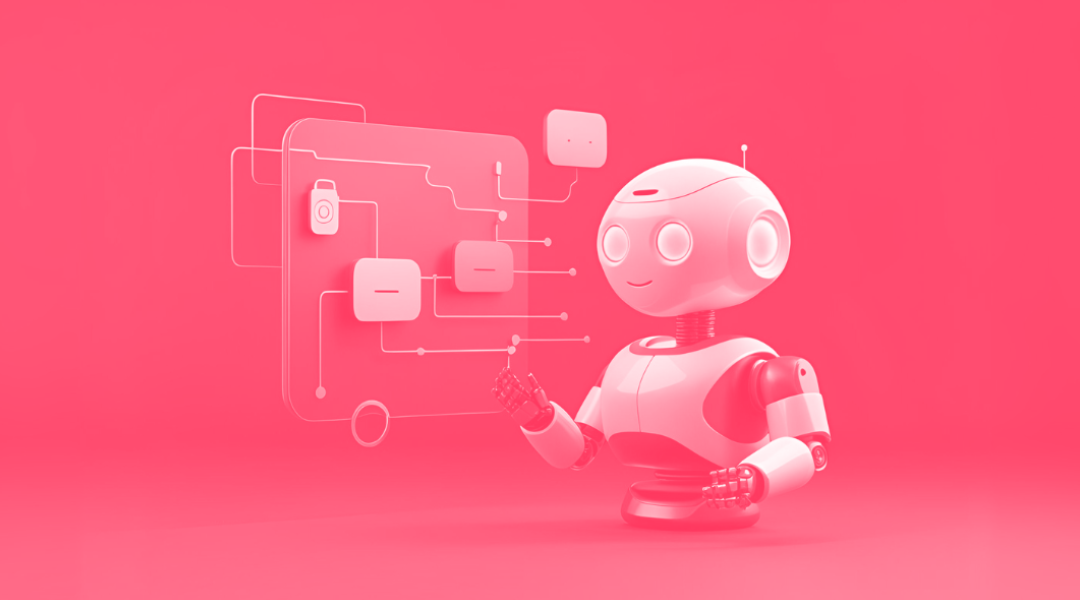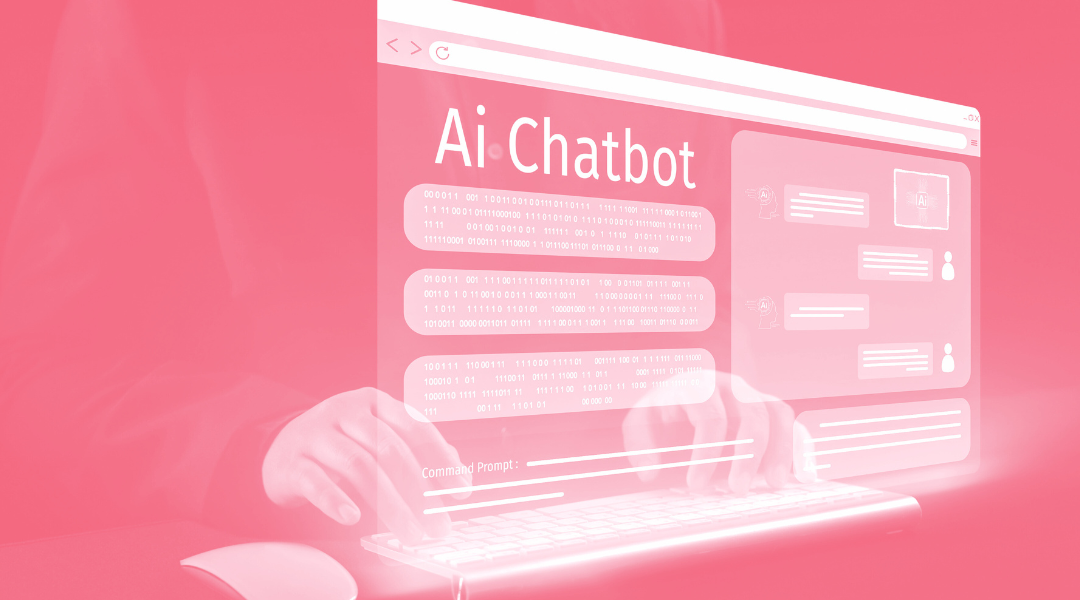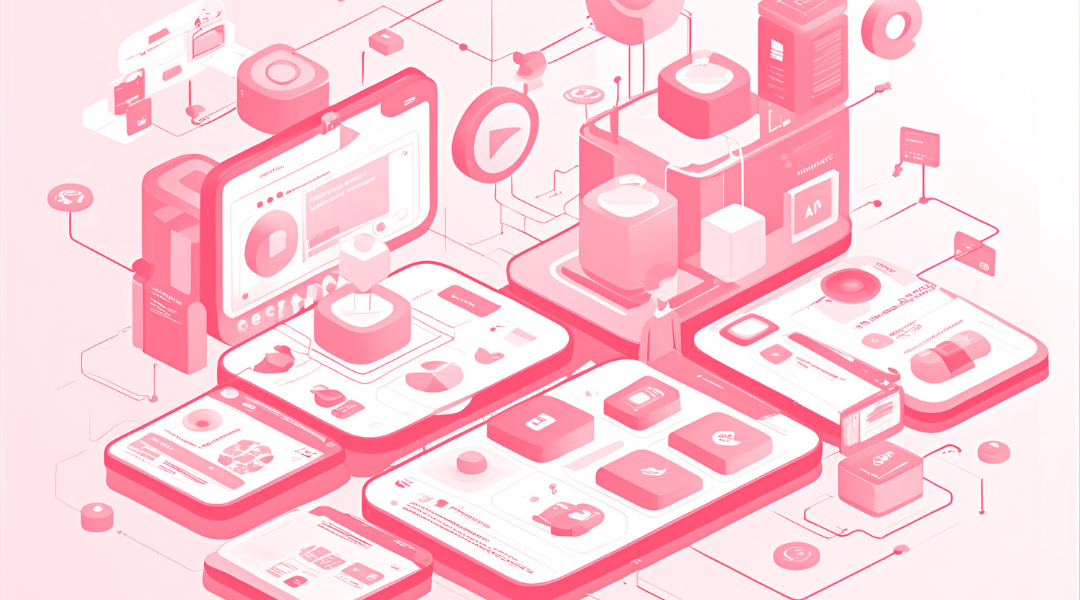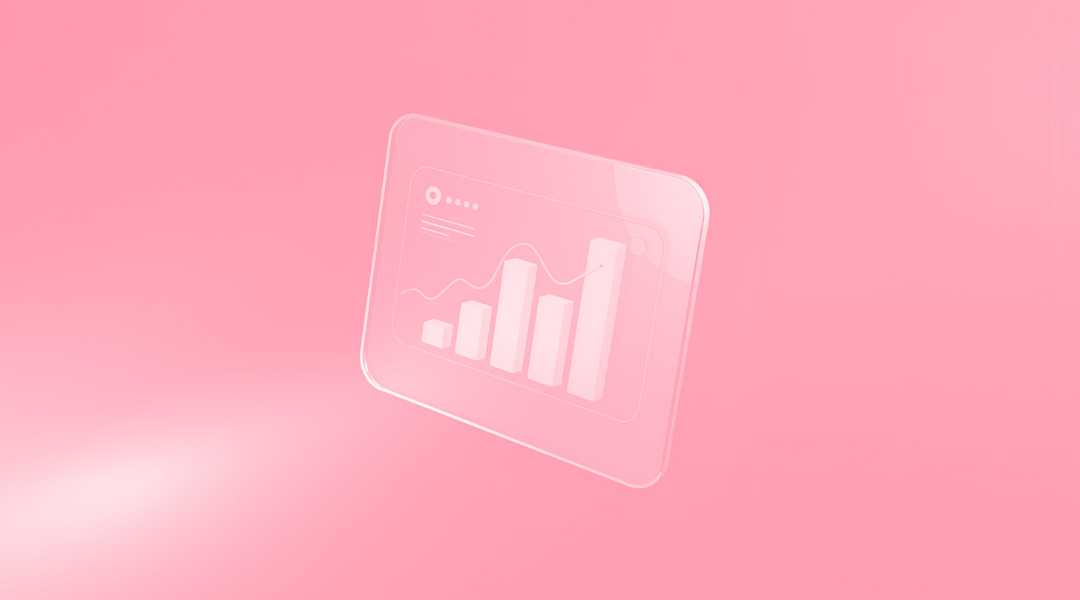Artificial intelligence is no longer a future promise it has become an operational reality. And in this new landscape, AI agents are marking a turning point. We're not talking about simple virtual assistants or one-off automations, but rather systems capable of acting autonomously, making complex decisions, and executing strategic actions without constant supervision.
In marketing, their impact is already being felt: more efficient campaigns, large-scale personalized experiences, automated analysis, and continuous optimization. All in real time and with a level of agility that, until recently, seemed out of reach.
This article is a practical guide to understanding what AI agents are, how they are transforming digital marketing, and the specific opportunities they offer to brands looking to stay ahead. Spoiler: it's not about replacing teams, but about amplifying their strategic and creative capabilities.
And above all, because they are part of what we at Adsmurai call The Shift: a profound change in how brands build, activate, and measure their digital marketing strategy, placing technology at the center.
TABLE OF CONTENTS
- What is an artificial intelligence agent?
- Why are they transforming digital marketing?
- ChatGPT Agent: AI that not only responds, but also acts
- Is it all advantages?
- What can an AI agent do at Adsmurai?
- A new operational standard
What is an artificial intelligence agent?
An AI agent is a system capable of executing goal-oriented actions autonomously, based on the environment it perceives. Unlike traditional algorithms, it doesn't wait for detailed instructions or require constant intervention. It receives a goal, analyzes data, makes its own decisions, and acts.
In the context of marketing, this translates into agents that can, for example:
- Detect changes in buying behavior
- Reallocate budgets across campaigns and channels
- Generate new creatives tailored to each user’s preferences
- Pause underperforming ads before wasting budget
- Monitor brand mentions on platforms like ChatGPT or Google Search Generative Experience
All of this, without the team having to execute each step manually.
Why are they transforming digital marketing?
AI agents solve some of the biggest current challenges in marketing: operational overload, channel and data fragmentation, and the difficulty of acting quickly. These are their three main strengths:
1. Personalization at true scale
Consumers demand relevant experiences, and AI agents enable automated delivery. Thanks to their contextual analysis capabilities, these systems can adapt content, messaging, or creative assets to each user based on multiple variables: behavior, channel, location, weather, stock availability…
Practical example:
A fashion ecommerce site sets up an agent connected to its product catalog. The system detects that summer dresses are generating high ROAS but have limited stock. What does the agent do?
- Reorganizes priorities in campaigns
- Pauses products at risk of selling out
- Generates new creatives for the best-converting category
- Adjusts messaging based on context: “Last units,” “Perfect for this weekend,” etc.
2. Operational efficiency and time savings
Marketing teams spend a lot of time on repetitive tasks: reporting, bid adjustments, performance analysis, anomaly detection… AI agents allow these processes to be automated with greater speed and accuracy.
This is where we move from manually executing tasks to designing systems that work for us. It’s no longer about micromanaging every campaign, but about defining strategic goals and letting technology act based on real-time data.
At Adsmurai, we’re already using agents that:
- Redistribute daily budgets across Meta and Google campaigns based on performance forecasts
- Identify underperforming products and automatically exclude them from the feed
- Generate actionable campaign insights based on sector benchmark analysis
3. Continuous optimization powered by data
Digital marketing requires agility. Waiting until the end of a campaign to optimize is no longer viable. AI agents can analyze data in real time, identify patterns or anomalies, and act immediately to improve performance.
Real example:
A video campaign on TikTok begins to show a declining CTR after 48 hours. The agent detects the drop, compares it with the category benchmark, and launches an alternative version of the video with a different call-to-action format. The budget is automatically redirected to the new version. Result: performance corrected without human intervention.
AI Agents and “The Shift”: a strategic evolution
At Adsmurai, we refer to The Shift as the paradigm shift shaping the future of marketing:
- From manual execution to intelligent automation
- From data silos to connected decision-making
- From rigid processes to flexible ecosystems powered by AI
Agents aren’t just another tool — they’re a reflection of this new model. They enable fast action, coordinated channels, improved user experience and, most importantly, doing more with less.
ChatGPT Agent: the AI that doesn’t just respond, it acts
The launch of ChatGPT Agent marks a new level of sophistication in artificial intelligence applied to real-world tasks. Introduced by OpenAI in July 2025, this agent goes beyond chatting — it makes decisions, performs actions, and completes complex tasks on its own.
What exactly is it?
ChatGPT Agent is a new capability within ChatGPT (available on Plus, Pro, and Team plans) that allows users to delegate entire tasks to AI. It's not about asking it to write a text or summarize an article — it can:
- Plan events and manage calendars
- Fill out web forms autonomously
- Generate complete documents or presentations
- Browse websites visually like a human
- Coordinate multiple steps to achieve a specific goal
All this is possible thanks to an internal “virtual computer” and an integrated browser, giving it greater autonomy and flexibility.
How does it work?
ChatGPT Agent is powered by three key components:
- Deep Research: it can conduct complex searches, compare information, and make informed decisions.
- Operator: a visual interface that allows it to interact with websites, fill out forms, click buttons, etc.
- Task management system: combines temporary memory, execution logic, and monitoring to progress step by step toward a goal.
The agent analyzes the user’s request, identifies the necessary steps, and executes them in sequence, all within a secure environment.
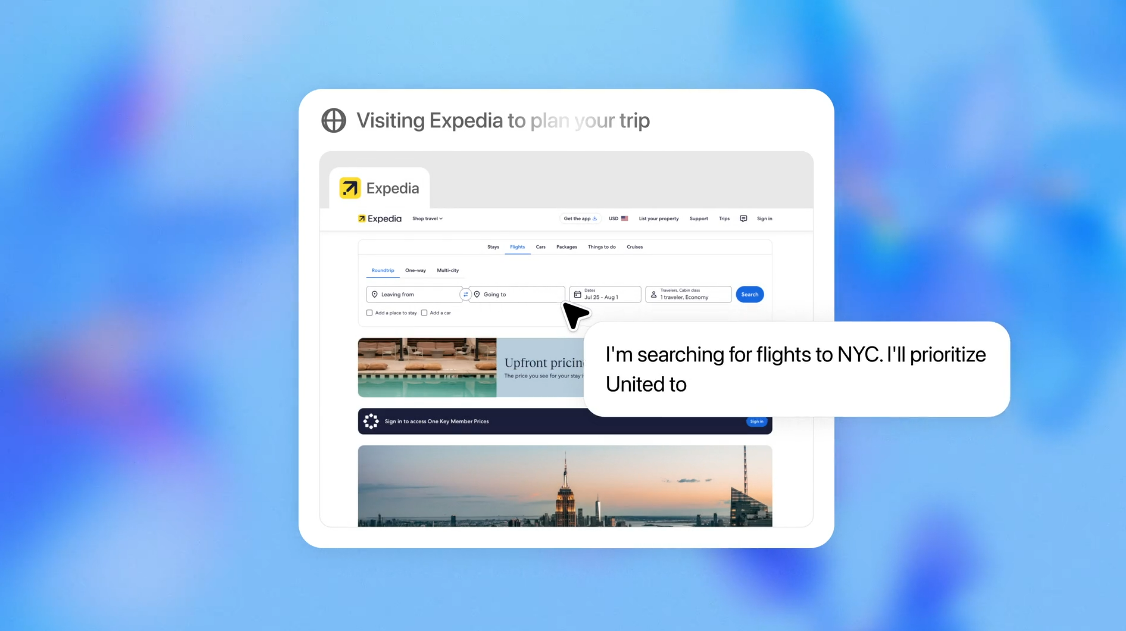
Real-life use cases
- Travel planning: the agent can search for flights, compare prices, check baggage policies, choose the best itinerary, and prepare everything for booking.
- Content creation: it gathers data from multiple sources, drafts a report or presentation, and automatically saves it to your Google Drive.
- Administrative support: it fills out forms, queries databases, and completes time-consuming admin tasks.
On top of that, ChatGPT Agent can notify users when a task is done (even via mobile app), and always asks for confirmation before performing critical actions like purchases or submissions.
Are there only advantages? Not exactly.
Although the opportunities are enormous, there are also challenges that must be addressed responsibly:
1. Governance and human supervision
The autonomy of the system does not eliminate the need for supervision. It is essential to define rules, limits of action and validation mechanisms. The combination of artificial intelligence and human judgement is key.
2. Privacy and security
Agents need data to function. It is essential to work with first-party data, ensure regulatory compliance (such as GDPR) and protect the integrity of user information.
3. Training and team culture
The incorporation of agents is not just about implementing technology. It is a change in the way we work. Teams must be trained to understand, interpret and work alongside these systems.
What can an AI agent do at Adsmurai?
We’re already working with our clients to integrate AI agents into their marketing ecosystems. Here are a few real-life functionalities:
|
AI Agent |
Function |
Result |
|
Product Insights AI |
Analyzes product catalog, detects key products and generates media and creative recommendations |
+25% ROAS in catalog campaigns |
|
Campaign Insights AI |
Compares campaign performance against industry benchmarks and suggests improvements |
30% reduction in operational workload |
|
AI Creative Generator |
Generates visuals and copy for products based on trends, weather, or buying intent |
Creatives tailored to each target in minutes |
|
Brand Tracker |
Monitors brand visibility and mentions in generative AI (ChatGPT, Gemini, SGE) |
Improved SEO positioning and share of voice |
How to start your own “shift” into applied artificial intelligence
- Identify a repetitive and specific task that can be automated (e.g. catalog analysis, reporting, or campaign rebalancing).
- Set measurable goals: improve ROAS, reduce CPA, save time.
- Run a pilot on one campaign or product. Evaluate real impact.
- Scale to other areas or channels.
- Monitor, adjust, and train your agents to keep learning.
A new operational standard
The rise of AI agents is not just a tech anecdote it’s an inevitable evolution. In an increasingly complex environment, where speed and personalization are key, these systems empower brands to take a real competitive leap.
The Shift is already underway, and AI agents are one of its most transformational levers. It’s not just about doing marketing faster, but about doing it better: more strategic, more connected, and more efficient.


![[Ebook] SEO + AI: eBook to Master AI Overviews and GEO](https://www.adsmurai.com/hubfs/MKT%20-%202025/WEB/Resources%20-%20Banners/HeaderEN_Ebook_SEO+AI.png)

